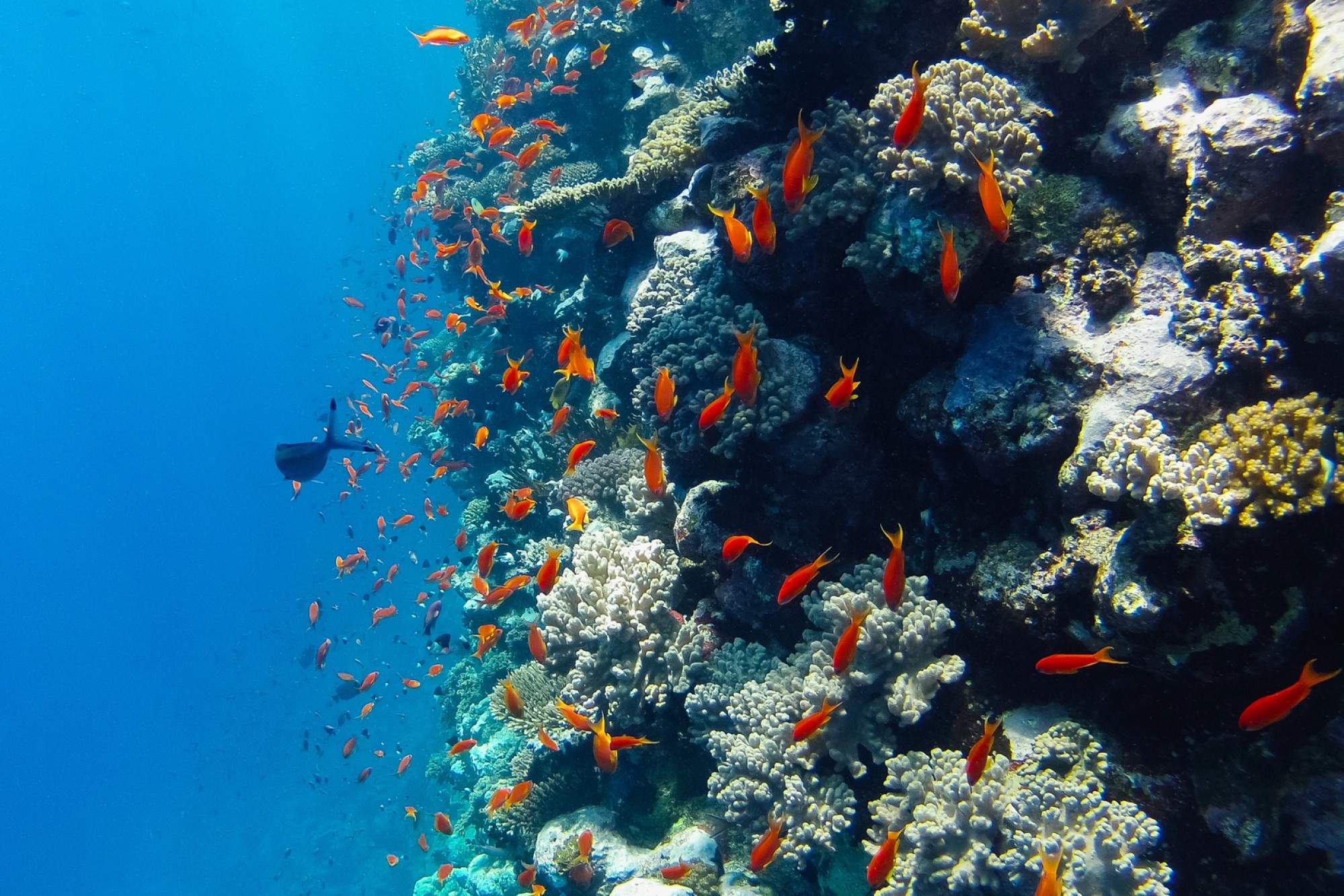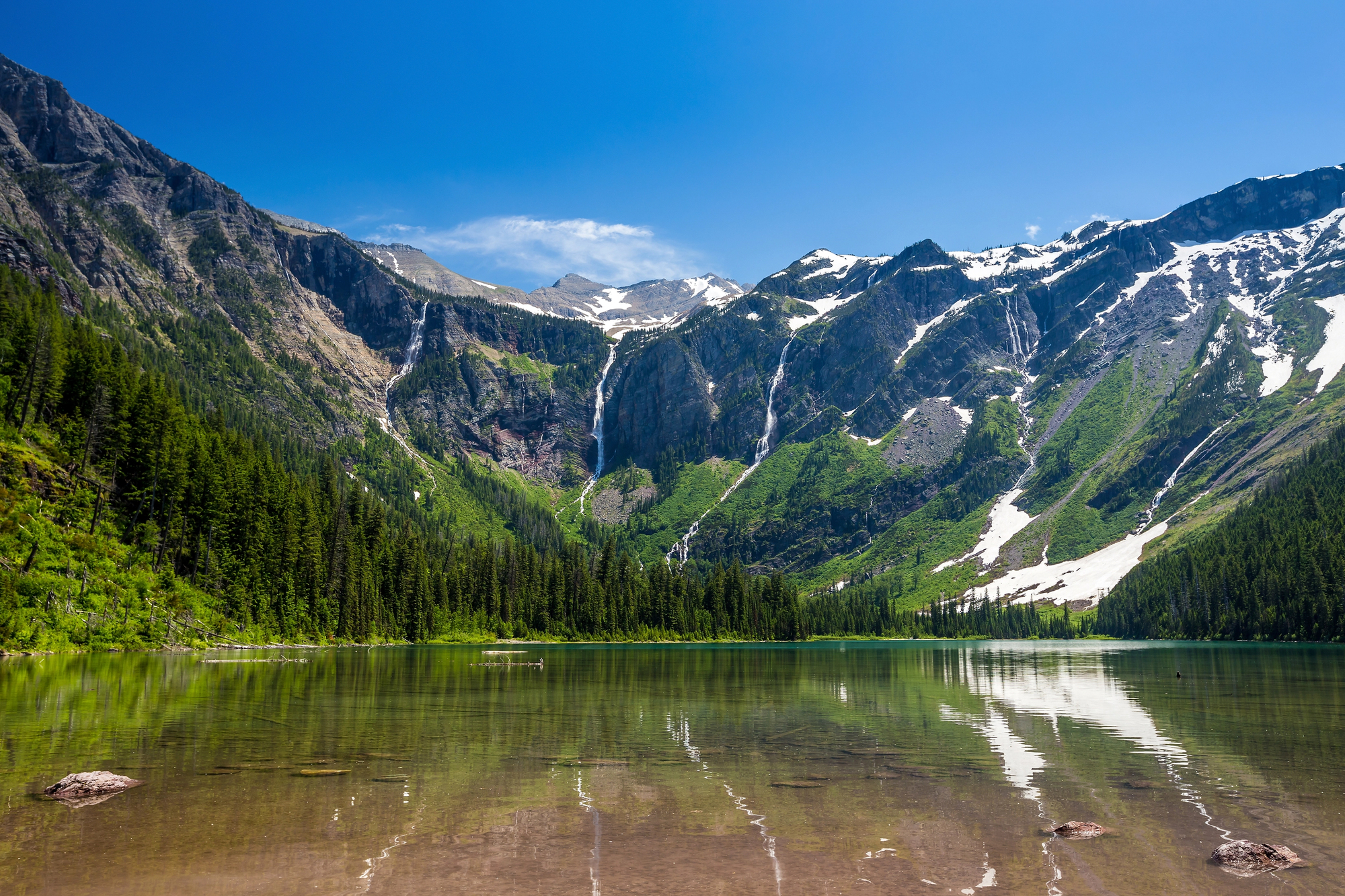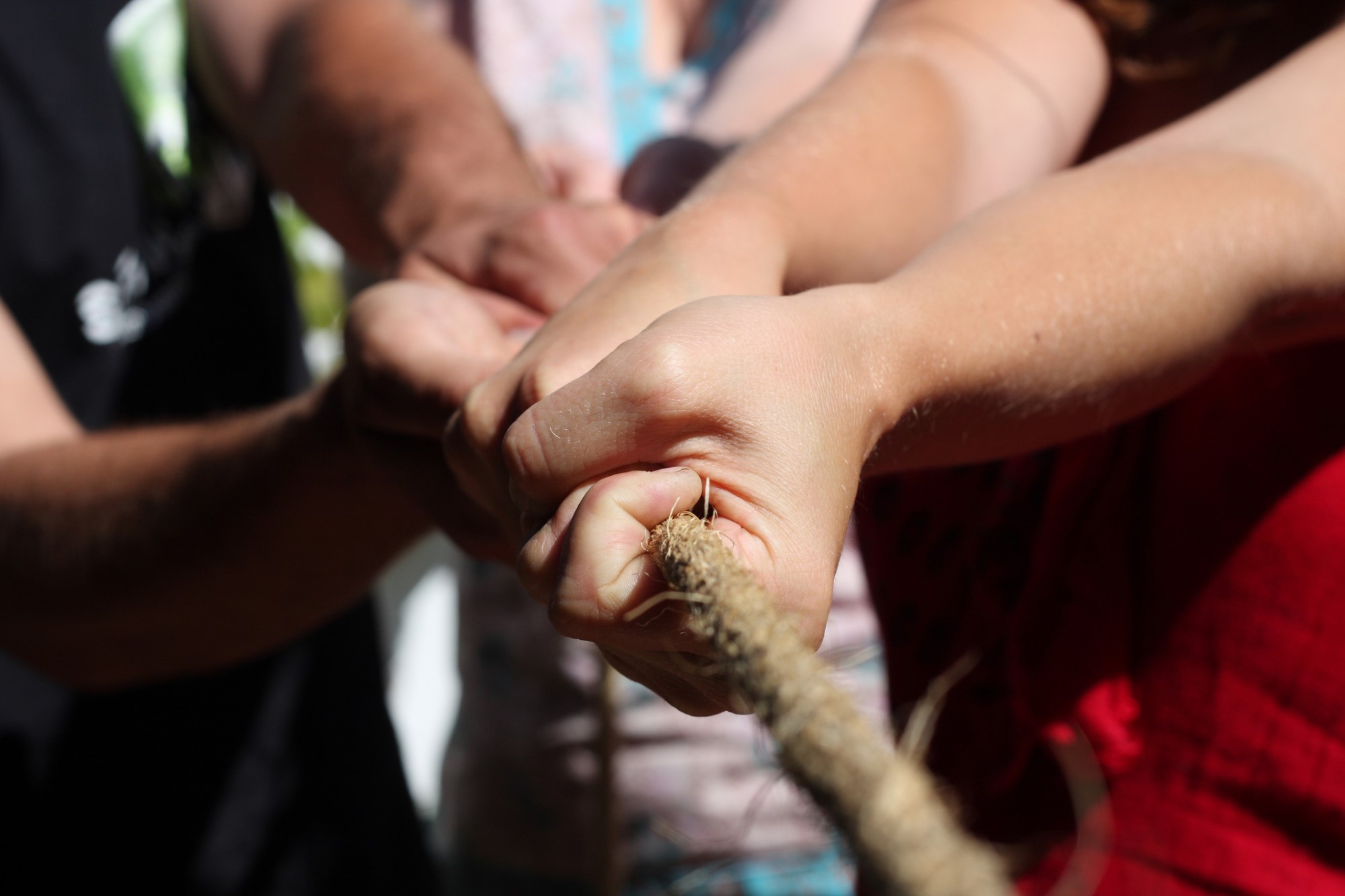XL-Sized Protest Against Keystone XL

The Keystone Pipeline has been a source of tension since 2008. Though it was first blocked by the legislature in 2012, it was approved in January of this year. Since then, however, tensions have not eased.
Specifically tense is the Rosebud Sioux Tribe. They do not feel to have been sufficiently consulted on the pipeline’s planning and disagree with the pipeline’s mission as a whole. It violates their sacred places, and there’s still the niggling doubt of whose jurisdiction reservations are actually under.
The president, too, seems dubious. The pipeline will not directly affect US oil needs nor add a massive number of jobs, and the environmental lobby does not at all back the project.
So what are the ethical issues in this situation? One that seems to have been overlooked by mainstream media is the deeper problem for the Native Americans. The United States’ track record in ethics when working with Native Americans is less than exemplary, and the pipeline seems to be just one more strike. They’ve been fairly overlooked in the process of the pipeline’s proposal, and their angry declaration against the pipeline has been mostly ignored by media as yet. Nevertheless, is it unethical to build the pipeline on lands that don’t exactly belong to the US? Has the treatment of the Native Americans throughout the process been ethical? Let us know in the comments.
[Trans Canada Keystone Oil Pipeline] by shannonpatrick17 CC – BY – 2.0




